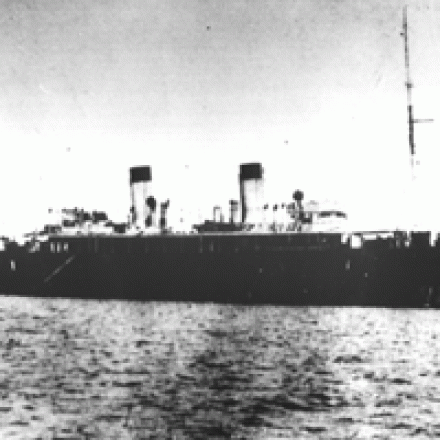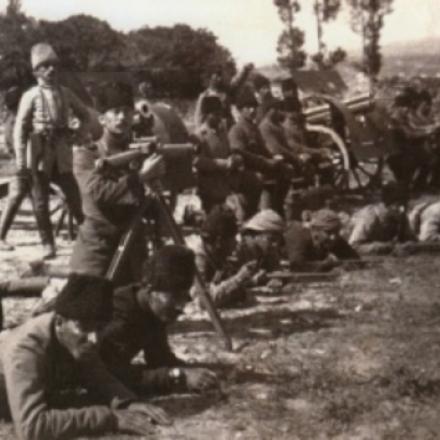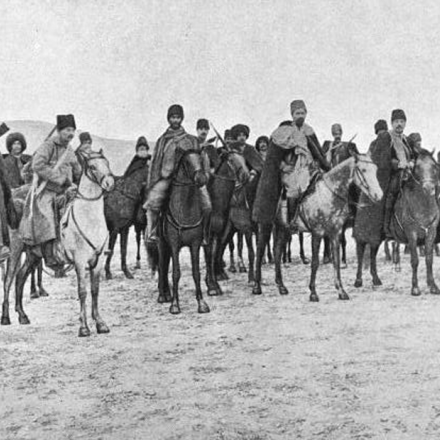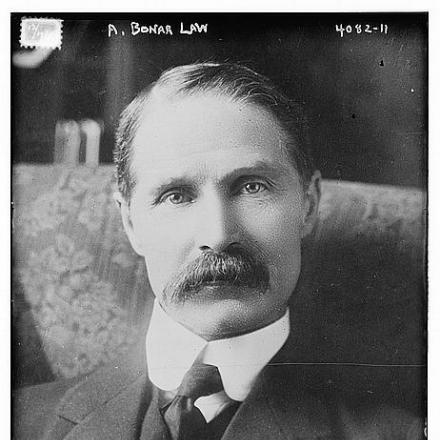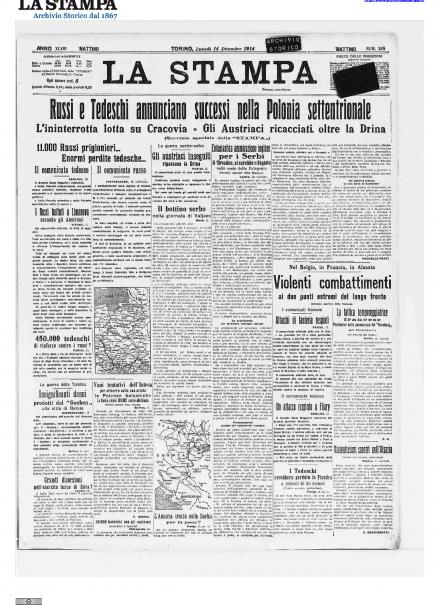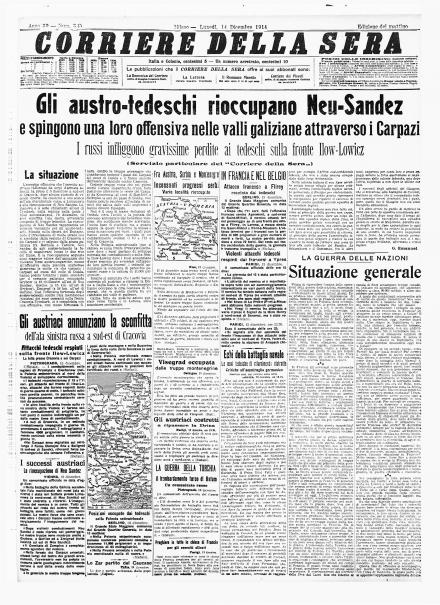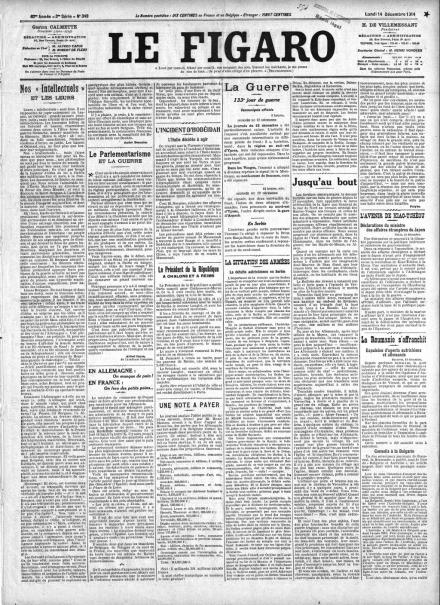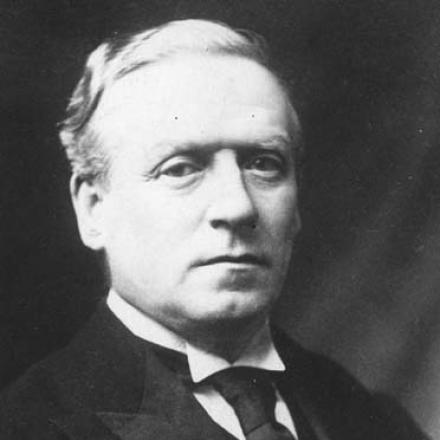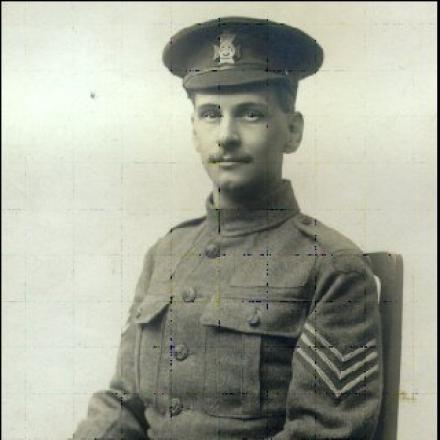Il Cormoran
I tedeschi si sono appena ritirati dal canale dell’Yser, ma il 14 dicembre lanciano l’ennesimo assalto a Ypres. Anche gli Alleati sognano di sbloccare l’ingranaggio bellico: a Cambrai non è andata bene; ora si tenta a Wijtschate, nelle Fiandre. Al di là di queste sporadiche e futili iniziative, tutti i bollettini ufficiali si riferiscono al fronte occidentale con la stessa parola: «Tranquillo»; qualche cronista preferisce «monotono».
Nel porto americano di Guam viene bloccato l’incrociatore mercantile tedesco Cormoran. La sua storia è un incredibile romanzo, concepito da un destino bizzoso e condito da curiose coincidenze. È stato costruito a Danzica, nella Polonia tedesca, ma per conto della flotta commerciale russa; nel 1909 entra in servizio come SS Rjasan. Il 4 agosto la guerra è appena scoppiata, ma il Rjasan si trova nel posto sbagliato al momento sbagliato: mentre naviga in acque sudcoreane viene catturato. Da chi? Dall’inafferrabile incrociatore tedesco Emden: è la prima nave russa caduta in mani nemiche ed è la prima conquista del Comandante Karl von Müller. Una nave tedesca, venduta ai russi e tornata tedesca; il cerchio si chiude, ma non è finita.
Nel 1914 gli Stati Uniti sono neutrali, non hanno il diritto di sequestrare imbarcazioni, ma possono decidere di non rifornirle. La “prigionia” a Guam durerà fino al 1917. Quando il 7 aprile Washington deciderà di entrare in guerra il Cormoran verrà affondato dal suo stesso equipaggio, per evitarne la confisca. Quell’atto è il primo confronto diretto tra gli americani e i tedeschi.
La storia dovrebbe chiudersi qui e invece no, la fine non è così scontata. Nella Seconda guerra mondiale, in quelle stesse acque, affonderà la nave giapponese Tokai Maru. Entrambe sono ancora lì, a una trentina di metri di profondità: è l’unico luogo al mondo dove ai subacquei è concesso di visitare un relitto della Prima guerra mondiale e uno della seconda.
Davide Sartori
GLI AVVENIMENTI
Politica e società
- Pubblicata la lettera di Mr. Bonar Law al Primo ministro inglese Asquith del 2 Agosto.
Fronte occidentale
- Ypres attaccata nuovamente dai tedeschi.
- Comincia l’attività Alleata sul fronte delle Fiandre. Attacco a Wijtschate.
Fronte asiatico ed egiziano
- Campagna di Persia: truppe russe e ottomane si scontrano sul suolo persiano.
- I russi battono i turchi nell'Alto Eufrate.
Operazioni navali
- L’incrociatore mercantile tedesco “Cormoran” (in precedenza nave russa “Rjasan”) viene catturato a Guam.
Parole d'epoca
Lettera di Mr. Bonar Law a Mr. Asquith
2 agosto 1914
2nd August, 1914.
Dear Mr. Asquith, — Lord Lansdowne and I feel it our duty to inform you that in our opinion, as well as in that of all the colleagues whom we have been able to consult, it would be fatal to the honour and security of the United Kingdom to hesitate in supporting France and Russia at the present
juncture; and we offer our unhesitating support to the Government in any measures they may consider necessary for that object.
— Yours very truly,
A. Bonar Law.
Parole d'epoca
Seargent Bernard Joseph Brookes
Diario
This is the general outline of what took place every day, with a few casualties, for until 14th December, when at 1.15 am the germs started a heavy cannonade of shells and rifle fire on our right which necessitated our being on guard or through the night.
Further German artillery set fire to two farms in our immediate area which gave such a glare that it prevented the men from bringing up the rations for the next day as they had to come overland, the communications trenches being flooded.
As a matter of fact during the winter the communication trenches are very seldom used as travelling is so difficult, and even in the summer men prefer to walk across fields to the front line rather than use the communications trenches, as there are so many twists and turns in a communication trench that very often the distance is doubled. The turns (or "traverses") are to prevent a shell, should it burst in the trench, from going right along the line.
These traverses being about 10 ft one from the other, the damage of the shell would be confined to this space.
During the night I had rather a narrow shave.
My rifle, with bayonet fixed, was pointing through my loophole and when I moved a couple of yards away to get at the mug of rum which I was sharing with the man next to me, a bullet hit my rifle smashing both my sword and barrel.
If I had been standing behind, I would not like to say where the destination of the bullet would have been.
